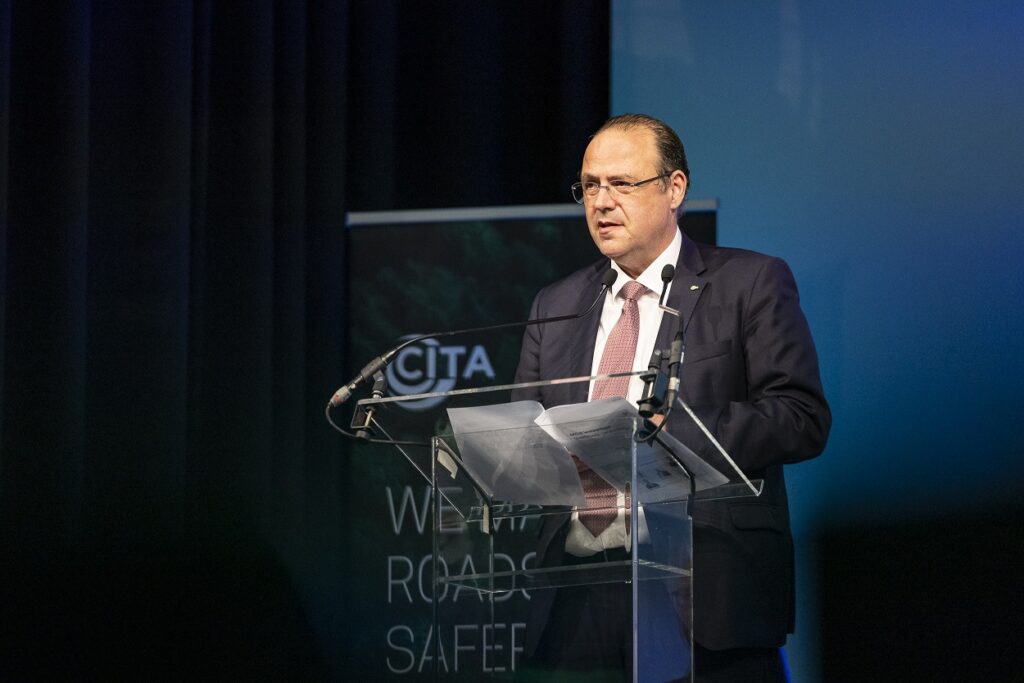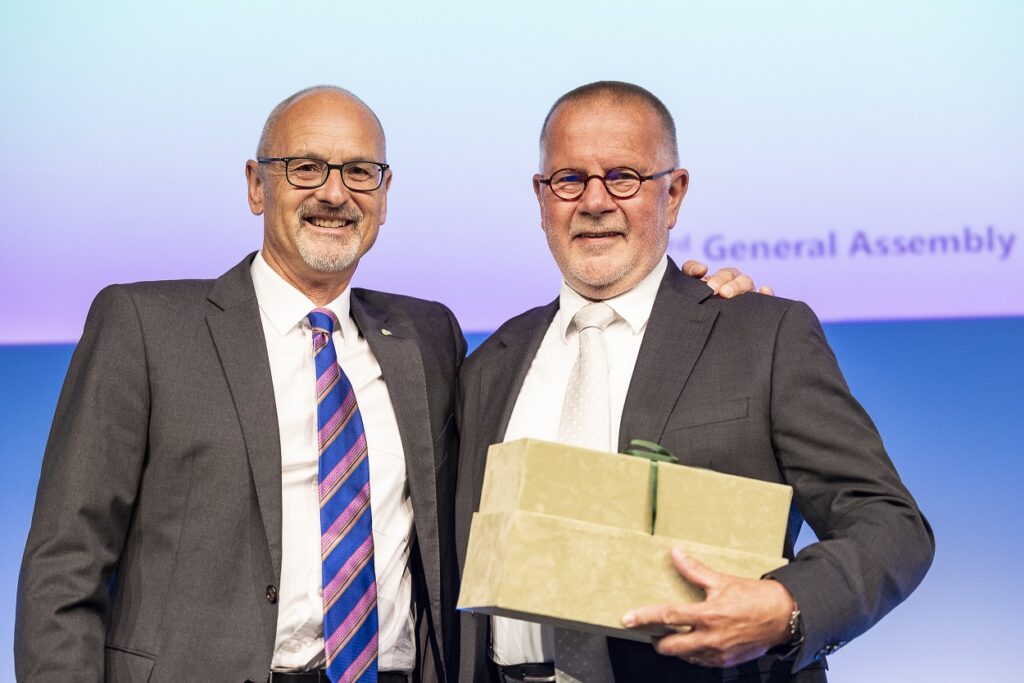The 23rd CITA General Assembly
Designed as a hybrid event, the 23rd CITA General Assembly, was held on May 16, 2024, at the SPARKS Event Center in Brussels, Belgium.
The assembly was opened by CITA President Mr. Müller, who warmly welcomed the members. The presence of voting members was confirmed, setting the stage for a day of robust discussions and strategic decisions. The provisional agenda was adopted smoothly, followed by the approval of the 22nd GA report, which highlighted last year’s achievements and set the groundwork for this year's agenda.
One of the key points of the assembly was the discussion of the 2023 accounts, which provided a transparent overview of CITA's financial health and paved the way for future initiatives. New members were welcomed into the fold through the voting process, signifying CITA's growing influence and reach.
The assembly featured detailed reports from the various Regional Advisory Groups (RAGs), including Africa, Asia/Austral Asia, Latin America, North America, and Europe. These reports emphasized localized challenges and successes, providing a comprehensive global perspective on vehicle compliance issues. Then discussions were segmented into the different CITA Topic Areas (TAs), focusing on the core issues and future directions of vehicle compliance.









The budget for 2024-2025 was approved, alongside modifications to the Articles of Incorporation, which were critically reviewed and voted upon.
Elections were held for key positions within the Bureau Permanent and among Corporate Members' Representatives, ensuring that CITA's leadership remains dynamic and representative of its diverse membership base.
At the assembly's conclusion, members celebrated Henk Bussink's distinguished career and his retirement after years of dedicated service to CITA and its Bureau Permanent. President Müller presented him with a token of appreciation for his invaluable contributions. Mr. Müller's closing remarks highlighted the assembly's productivity and expressed optimism for the future.
The day concluded with a dinner gathering, providing a perfect opportunity for members to network, discuss the day’s outcomes, and forge new collaborations.

